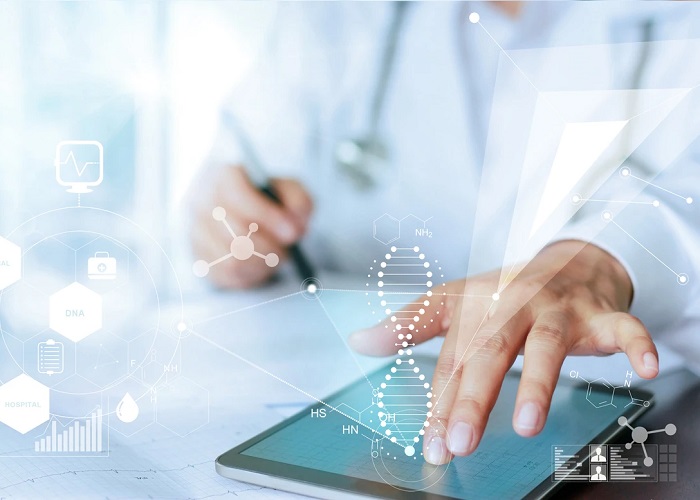Clinical trials aim to ensure that the medication, device or treatment being tested is safe and effective. To do this, researchers need to collect data from a large group of people over time. As technology has evolved over the years, so have clinical trials. Here are four ways that technology has changed how you conduct them:
More accurate data collection
However, one of the most significant changes is in how clinical trials collect data. In the past, researchers had to record information about trial participants manually. According to Medable, “Arm your studies with clean, actionable trial data that can be viewed in real time, guiding your sites and study teams towards key decisions” by using ePRO software.
Nowadays, computers can collect data much faster and more accurately than humans—and they don’t make mistakes!
In addition to being able to collect data more efficiently and accurately, computers also have some other benefits:
- They can analyze large volumes of information quickly.
- They can provide information when needed (like immediately after a drug has been administered).
Better collaboration
So, what does it mean to collaborate?
Collaboration is a shared goal in which at least two people are working together in order to achieve a common objective. Collaboration often involves teamwork, but not always—collaboration can also be an individual effort.
It can take many forms; sometimes, it’s informal and spontaneous, while other times, it requires planning and organization. The key point here is that two or more people work together toward a common goal outside of their normal role boundaries.
Remote monitoring
Remote monitoring is a way to monitor a patient’s condition without having to go to the hospital. Remote monitoring can be done by the patient, by a caregiver, or by a remote medical professional.
There are many advantages of remote monitoring:
- The patient can avoid travel costs and time off work. They also don’t have to make multiple visits to their doctor’s office or hospital over the course of treatment.
- This could be especially beneficial for young children who would otherwise have been unable to receive care if their parents had had to take time off work each day. By allowing them access via video chat instead, they will get all of the necessary care without losing income or having difficulty arranging child care for another child (or themselves).
Faster response to trends or changes in the study
- Monitoring the data allows you to detect trends or changes in the study. This is especially important if you are working with a large database and have multiple sites because any change can have an impact on your results. If people start dropping out of your study for some reason, this will cause a bias against certain groups of subjects.
- The faster you detect any such changes, the better equipped you are to respond to them by making adjustments to your experiment design or protocol in order to correct any resulting biases.
In conclusion, you can see that the evolution of clinical trials has been driven by new technology. Technology has allowed for better collaboration, remote monitoring and faster response to trends or changes in the study.

